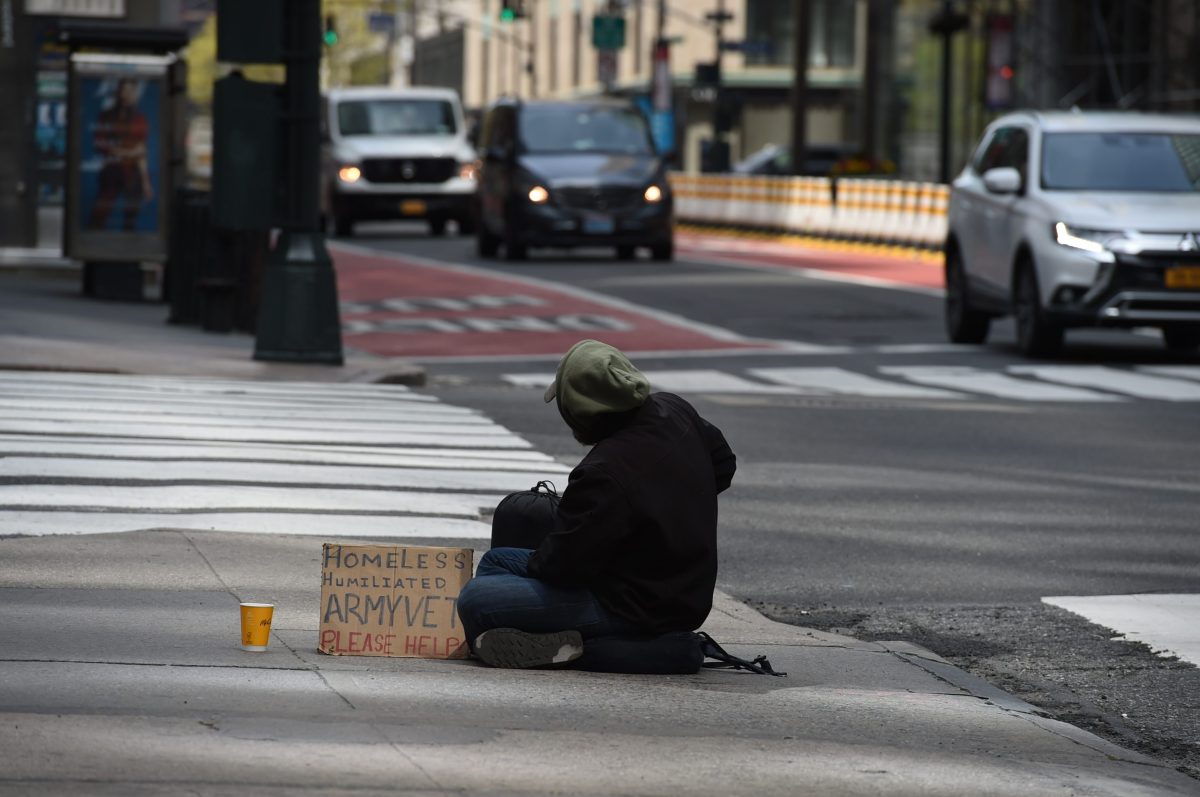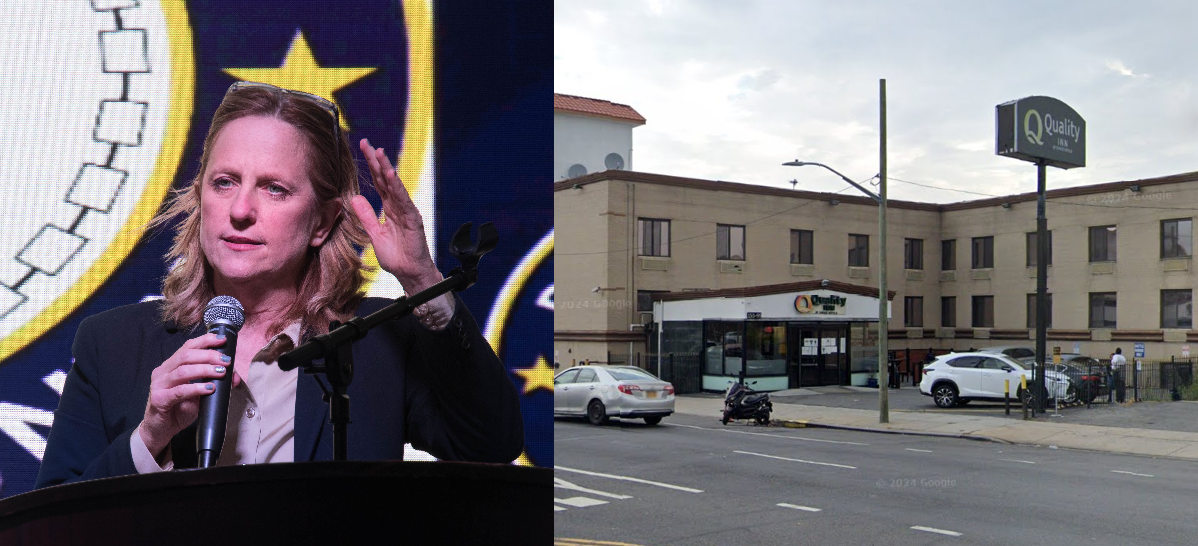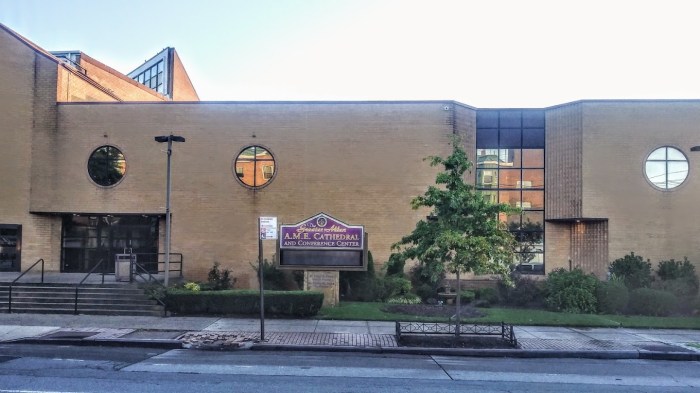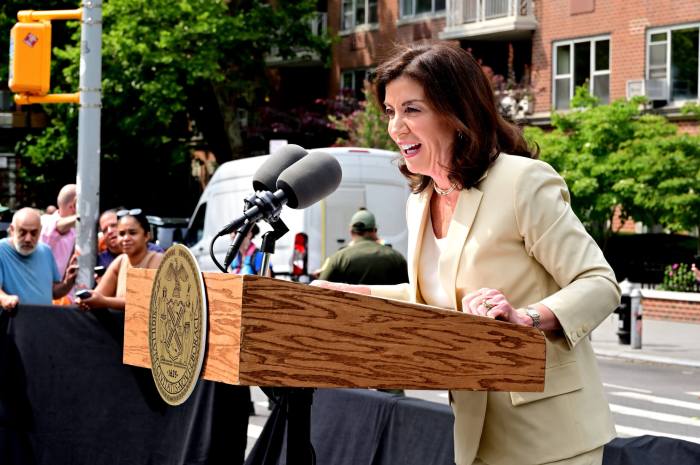Amid the pandemic, New York City has to confront the social and economic damage brought on by COVID-19. With unemployment numbers at record highs, this and the reduced wages is taking its toll on homeless and low-income New Yorkers.
To kickstart the conversation, Win, New York City’s largest provider of shelter and support services for homeless mothers and their children, has announced a new housing stability and recovery plan, “The Aftermath Plan: Responding to Homelessness in the Wake of COVID-19.”
“Family homelessness and the COVID-19 crisis will be defining issues for life in New York for the next several years,” said Christine C. Quinn, President and CEO of Win. “We can’t slip backwards. We have to get this right. Because before COVID-19 struck, New York City was already battling twin crises of affordability and homelessness. Now, the economic crisis brought on by the pandemic threatens to push thousands more lower-income New Yorkers further into poverty and closer to homelessness.”
This comprehensive plan consists of five policy pillars that detail immediate steps to address the increase in housing instability that so many will face as New York City’s most vulnerable families lose employment and income:
- Establish a new Stay-at-Home Emergency Rental Assistance Voucher to help low-income renters stay in their homes.
- Create NYC Rapid Rehousing to help families avoid shelter by providing temporary accommodations (30 to 60 days) in apartment-style student housing and hotels and an enhanced rental assistance voucher to help families quickly find a new home.
- Convert vacant hotels to family shelters and provide social services.
- Make common-sense adjustments to the CityFHEPS rental voucher so the program widens the door out of shelter now.
- Redouble efforts to create and preserve deeply affordable housing.
According to Win, 25% of working mothers in their shelters lost their jobs and many more have seen hours and shifts cut. Win families are extremely low-income, with an average income of about $1,581/month. Prior to the pandemic about 53% of Win moms were employed, and all were working in low-wage and/or precarious employment that is especially vulnerable to loss as a result of the pandemic. Over 100 of these workers have already lost their jobs.
“Without immediate and long-term action at every level of government, families already struggling to pay the rent and make ends meet will be forced out of their homes and into shelter,” said Quinn. “It is our moral and financial imperative to enact proven policies and interventions to help families keep their homes, or exit shelter more quickly. Anything less will lead to catastrophe. Mayor de Blasio must commit to funding this plan as part of the City’s long-term recovery effort.”



































